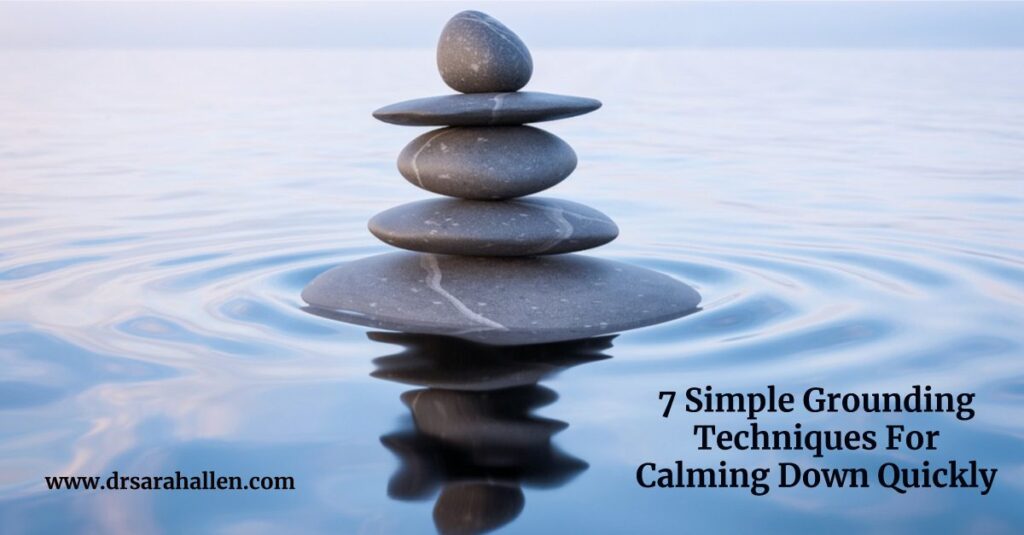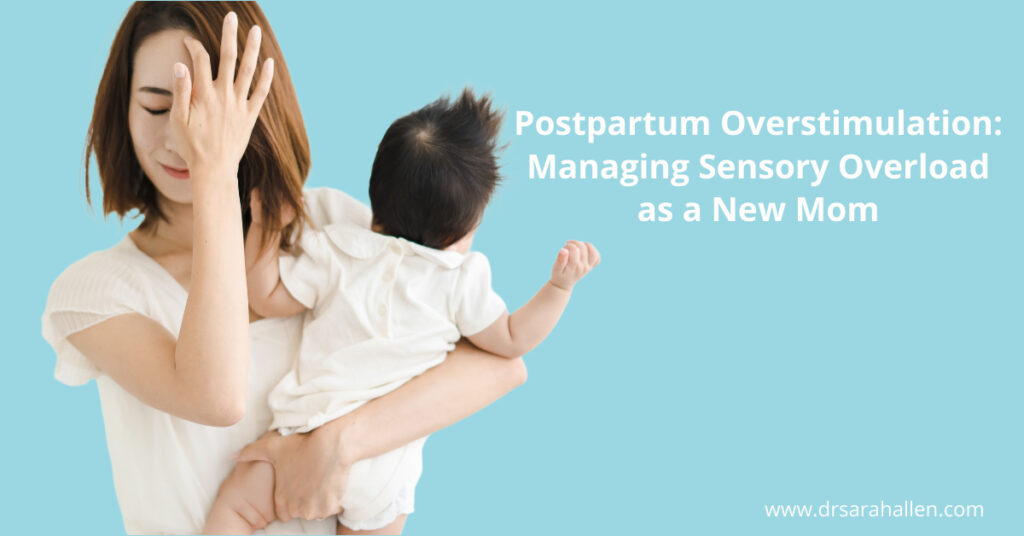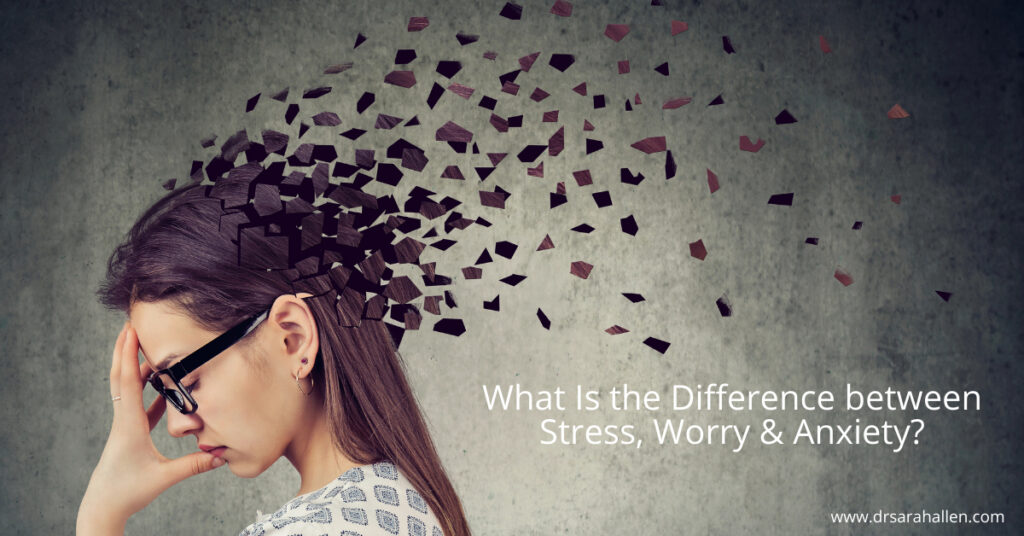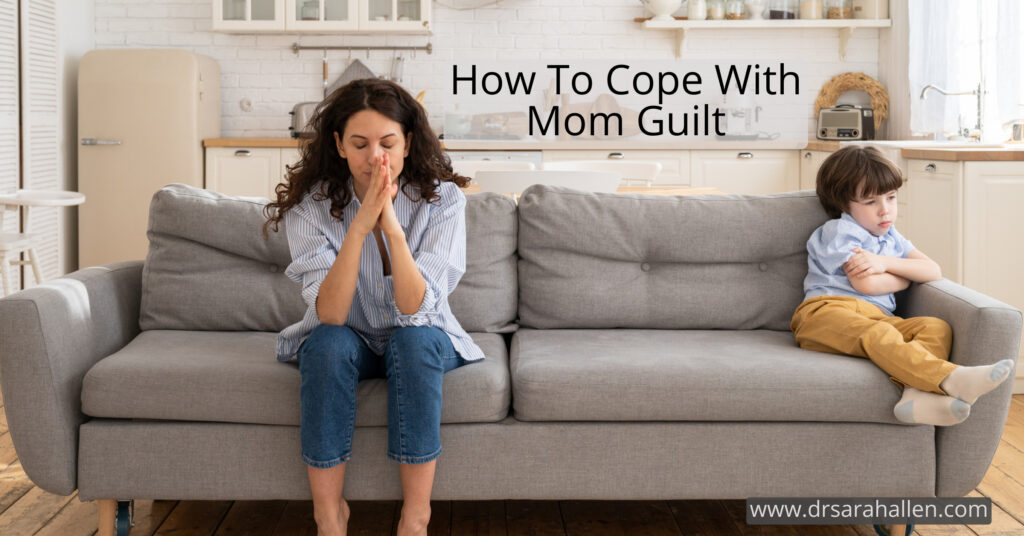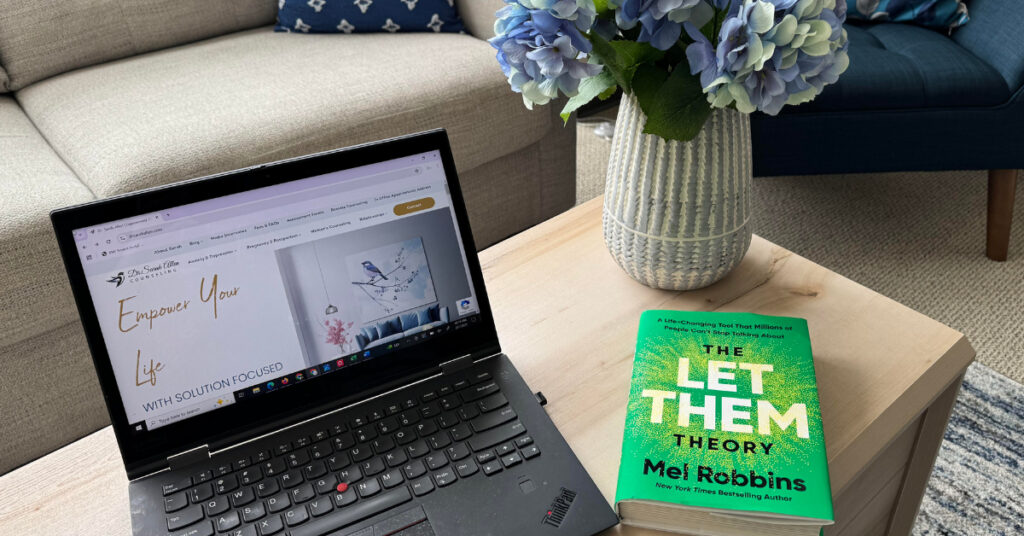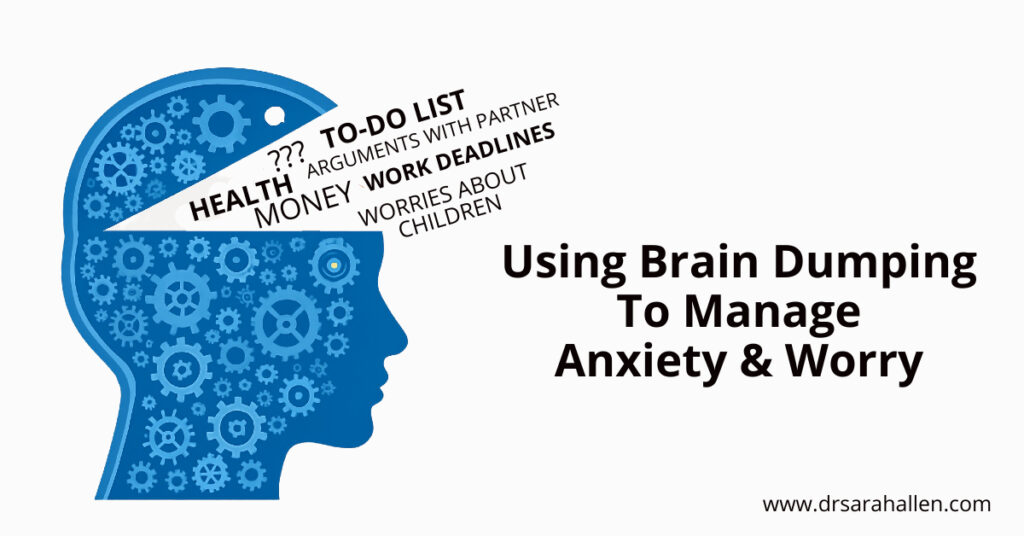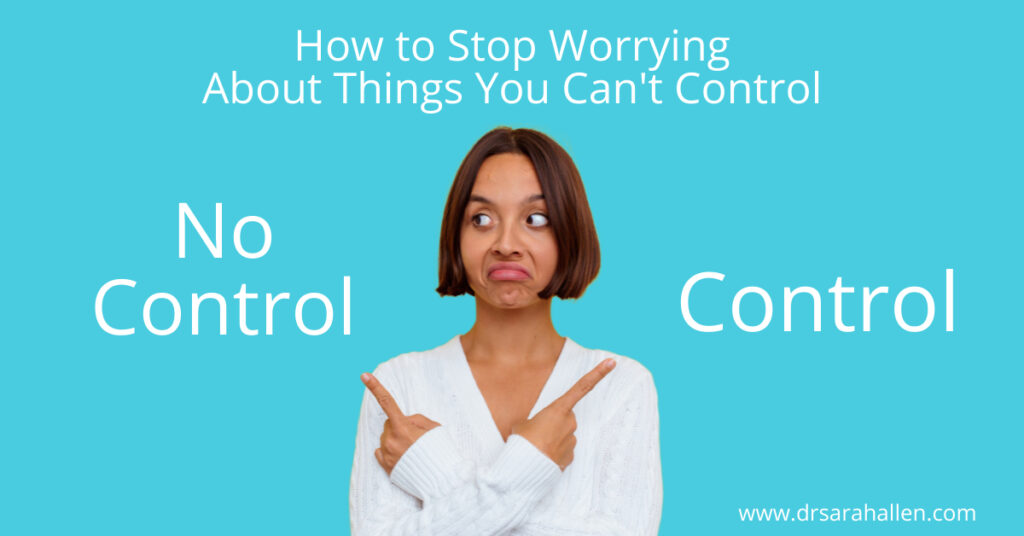
Did you know that anxiety and anger are closely connected? Both are driven by physical responses to adrenaline but it is the meaning your mind gives to your situation that influences your emotions.
Life can sometimes feel overwhelming, especially when emotions like anxiety and anger start creeping in. For many, anxiety doesn’t just mean constant worry or nervousness. It can also bubble up as irritability, frustration and anger. Those experiencing this may not immediately realize that these feelings are all connected.
I frequently hear from my clients how easily anxiety can lead to irritation. This frustration often turns into anger, leaving both the individuals and their loved ones confused and the person who had the outburst feeling bad about how they reacted. It’s a pattern that I have become familiar with. And while it’s common, understanding how it happens is the first step toward managing it.
Understanding the Relationship
Many people feel both anxious and angry. But why does anxiety often turn into anger? It starts with feeling overwhelmed. When stress levels are high and life keeps piling on demands, it’s easy to feel like there’s too much to handle. Anxiety tends to increase this stress, making people feel trapped or cornered.
To provide a clearer picture, think about a time when you felt anxious because nothing was certain. Maybe you were waiting for important news, or plans were changing quickly. That unease was anxiety kicking in. As it builds, it gets tough to stay calm. Little things, like someone being late or a minor inconvenience, suddenly seem huge. This transformation from anxiety to anger is what many of us experience.
In my practice, I’ve noticed that helping people realize this pattern is crucial. When someone understands how anxiety turns into anger, they can start taking steps to manage their emotions better. This doesn’t happen overnight but being aware is the first step.
The Role of Talk Therapy
Talk therapy offers a way to manage these feelings. It’s not only about learning to calm down but understanding and addressing the root causes of these emotions. Many seek therapy because they want to break down this cycle of anxiety leading to anger. Therapy sessions provide a safe space to explore feelings. This exploration often reveals hidden sources of stress or anxiety that are fueling anger.
In sessions with clients, I focus on different techniques to manage these emotions. These methods might include:
– Identifying triggers that lead to anxiety or anger
– Discussing stressors in daily life and finding ways to reduce them
– Exploring calming strategies that help before anxiety becomes anger
Understanding these techniques can help manage anger and anxiety. Learning what works takes time and effort. It involves practice, reflection, and often, real changes in daily routines. Remembering that it’s okay to need help is part of the journey.
As we explore these strategies, remember that each person’s path is different. Finding what helps manage emotions can take time, but with patience and support, change is possible. Each small step can lead to better control over anxiety and anger.
Cognitive Behavioral Therapy (CBT) for Anger
CBT is a popular approach for managing both anxiety and anger. It’s focused on changing the patterns of thinking that lead to these feelings. The idea is to recognize, challenge, and alter the thoughts that often drive us to feel stressed or angry. In sessions, I guide my clients through this process, helping them spot the thoughts that trigger their anxiety and eventually their anger.
One way CBT can help is by breaking down overwhelming situations into smaller, manageable parts. This step-by-step method makes it easier to handle what initially feels too big to tackle. Through practice, clients learn to respond to stress with healthier reactions instead of letting it spiral into anger. Over time, they get better at recognizing what sparks those negative emotions before they escalate.
Each session involves practical exercises, such as journaling about feelings or role-playing scenarios that usually trigger anxiety. By working through these scenarios, clients build confidence in their ability to manage situations differently. This preparation can significantly reduce feelings of anxiety and helps prevent anger from taking over.
CBT works best when someone is open to reflection and willing to look at patterns in their thinking. With time, new strategies replace older, less helpful responses. Each session lays the foundation for building a more balanced response to stress.
Personal Insights and Reflections
Throughout my work, there are several key insights I’ve gathered. One is that people often feel alone in these experiences. It’s common to think there’s something wrong with feeling both anxious and angry. But letting people know that these feelings are more common than they might think is crucial. Everyone goes through rough patches, and understanding this often brings some relief.
Another observation is the power of mindfulness and relaxation. These techniques are often talked about, but they genuinely make a difference when practiced consistently. Whether it’s through simple breathing exercises or finding a quiet moment in a busy day, these small acts can help anchor someone in the present moment, reducing the grip of anxiety and curbing anger.
I’ve also seen the effectiveness of setting aside regular time to reflect. Encouraging clients to keep track of their progress, no matter how small, builds a sense of achievement. It shifts the focus from what’s overwhelming to what’s manageable and achievable.
When clients notice the progress they’ve made, it fuels their motivation to keep going. Sometimes the smallest improvements bring the most comfort.
Managing Anxiety and Anger
Dealing with anxiety and anger requires a conscious effort and a willingness to try new things. Here are some practical tips to help keep calm:
– Take a minute. If you feel that your emotions are bubbling up, leave the situation to allow you to focus on calming yourself down before you react.
– Breathe deeply. Practice breathing exercises to help calm your mind and body. Just a few minutes can make a big difference.
– Identify triggers. Write down situations that tend to cause anxiety or anger and plan how to handle them differently.
– Find time to relax. Incorporate moments of quiet into your day, whether through movement, reading, or resting your eyes.
Also try to build regular habits. Eating well, sleeping enough, and staying active can improve both anxiety and mood. This doesn’t mean everything gets better overnight. But each change adds up.
When anxiety and anger become too much to manage alone, reaching out for help can make a big difference. In my experience, that first step is sometimes the hardest, but it’s often the one that leads to the biggest changes.
Finding Peace and Balance
Life’s challenges can stir feelings of anxiety and anger, but they don’t have to take the lead. By recognizing how these feelings are linked and finding ways to manage them, peace becomes more possible.
Every step matters. Just noticing a pattern is a win. Trying a breathing exercise counts. Writing down one thing that went well counts. These smaller changes often make the biggest impact over time.
Support is there when you’re ready. It starts by knowing what’s going on inside and allowing yourself to ask for help when it’s needed. You don’t need to stay stuck. With time and effort, it’s possible to feel more calm and balanced.
If you find yourself overwhelmed by anxiety and the irritation that follows, consider seeking guidance. At Dr. Sarah Allen’s practice, exploring options like anxiety counseling can provide the support needed to better manage these emotions. Taking the first step toward understanding and addressing these feelings can make all the difference in working toward a peaceful and balanced life.
For personalized anxiety (or one of the other issues I treat) treatment, contact me, Dr. Sarah Allen. I see clients in my office in Northbrook, a North Shore Chicago suburb, or virtually across IL, FL and the UK.

If you have any questions, or would like to set up an appointment to work with me and learn how to reduce anxiety, please contact me at 847 791-7722 or on the form below.
If you would like to read more about me and my areas of specialty, please visit Dr. Sarah Allen Bio.
Dr. Allen’s professional license only allows her to work with clients who live in IL & FL & the UK and unfortunately does not allow her to give personalized advice via email to people who are not her clients.
Dr. Allen sees clients in person in her Northbrook, IL office or remotely via video or phone.

What Can I Read That Helps Me While I Am Waiting For My First Appointment With Sarah?
Download this free booklet to gain valuable insights and practical strategies for managing anxiety and worrying.




